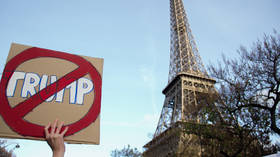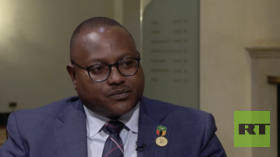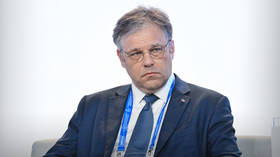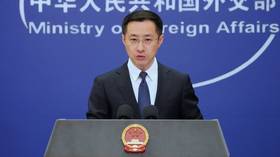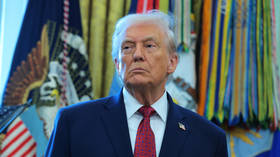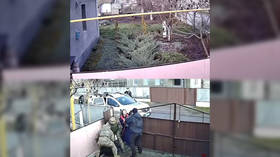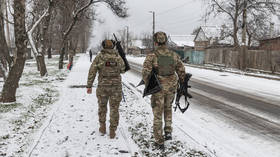The gas row that won’t go away
The latest gas row between Russia and Ukraine is the third in just five years. But observers believe the current dispute is by far the most serious.
At the beginning of 2006, the sides had a similar disagreement over Ukraine’s failure to pay for gas it received from Russia. Gazprom responded by cutting supplies.
At the time, Russia’s state run gas giant also announced that Kiev was siphoning off gas intended for Western Europe.
After the row, the two sides took measures to prevent the same thing happening again.
“The situation is very different now, we have two separate contracts for transit and for delivery and they are not interlinked,” Gazprom spokesperson Sergey Kupriyanov said.
Gazprom says the current contract for the transit of Russian gas through Ukraine was agreed early in 2006, and will remain in force for two more years.
By the end of last year Ukraine was in dept again.
In early December, Gazprom representatives visited several European capitals to warn clients of new problems with Nazftogaz.
On December 31 Naftogaz transferred $1.5 billion to Gazprom and announced that it had paid the debt in full.
Still, the Russian energy giant maintained that more than $ 600 million were still owing. That triggered the latest conflict.
“Our Ukrainian partners have officially told us that if a contract for supplies of Russian gas in 2009 is not signed, they will look to prevent supplies from getting to our other European consumers,” said the Russian Prime Minister Vladimir Putin.
Negotiations between the sides broke down after the head of Naftogaz was reportedly ordered to return to Ukraine by President Viktor Yushchenko.
Ukraine declined Gazprom's offer of $250 for one thousand cubic metres of gas, around half the price for gas on the European market.
“The proposal by the Russian side for the preferential supply conditions for 2009 has been rejected,” said the head of Gazprom Alexey Miller. “It seems that some political forces in Ukraine are keen on confrontation with Russia over gas.”
On January 1 2008, Gazprom officially stopped its supplies to Ukraine, although transit gas continued to be pumped through the country for European consumers.
The following day, Ukraine officially announced it had taken 21 million cubic metres of gas, allegedly for technical needs.
Consequently, Gazprom upped the volume of gas being delivered through other routes. Soon, one by one, European countries started reporting a fall in supply.
The situation deteriorated further when a Ukrainian court deemed the contracts with Gazprom ineffective, and forbid the transit of Russian gas through the country.
“The decision of the Kiev economic court is absolutely illegitimate,” said Sergey Kupriyanov. “Our transit relations are regulated by Swedish law, according to our contract, and the issues that we have can be settled only there.”
Gazprom has announced it is preparing a lawsuit to be heard in Stockholm, accusing Naftogaz of failing to honour its transit obligations.
The company says it chose an open and transparent strategy to keep European consumers informed of the latest developments. It is urging the EU to step in to help resolve the dispute.


